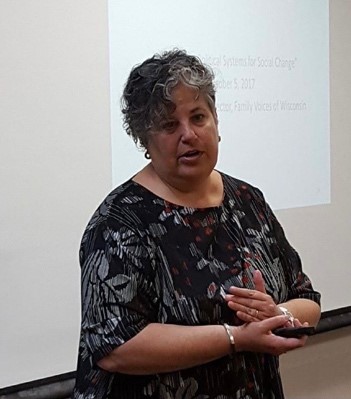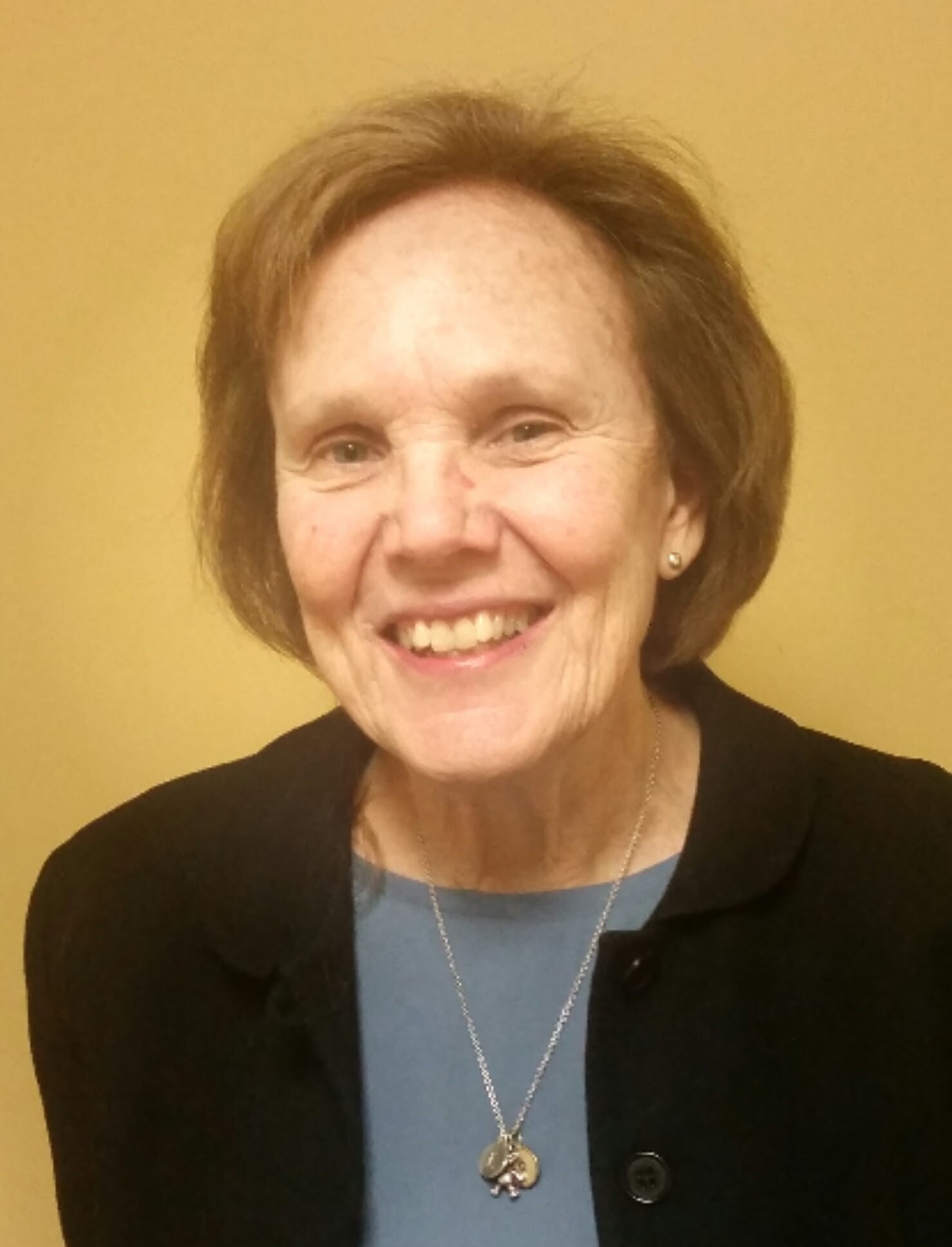On July 4, 2025, President Donald Trump signed the One Big Beautiful Bill Act (OBBA) into law. According to the Congressional Budget Office (CBO), the bill will reduce federal Medicaid spending by approximately $1 trillion over the next ten years, with the largest cuts coming from:
- Medicaid work reporting requirements ($326 billion);
- limits on state provider tax arrangements ($191 billion); and
- restrictions on state-directed Medicaid payments ($149 billion).
The table below provides a timeline for the implementation of key health care provisions.
| Provision | Effective Date | Summary |
| Permanent extension of safe harbor for absence of deductible for telehealth services (Sec. 71306) | 1/1/2025 | Permanently extends the safe harbor allowing high-deductible health plans (HDHPs) to cover telehealth services before the deductible is met, without losing HDHP status. |
| Revising the Payment Limit for Certain State Directed Payments (SDPs) (Sec. 71116) | 7/4/2025 | The bill directs the Health and Human Services Department (HHS) to issue rules to limit State Directed Payments (SDP).
The bill will require existing SDP limits and payments to rural hospitals to decrease by 10 percent each year until the allowable limit is reached. Impact:
States with large Medicaid populations and rural states are projected to be the most heavily impacted. California, for example, is estimated to lose $5 billion annually in federal matching funds. Texas relies on SDPs to offset low base Medicaid rates, and this provision could result in adjustments to managed care contracts. Rural states may experience critical access hospital closures, requiring emergency state budget measures. |
| Moratorium on Implementation of Rule Relating to Staffing Standards for Long-term Care Facilities under the Medicare and Medicaid Programs (Sec. 71111) | 7/4/2025 | Delays implementation and enforcement of the rule “Medicare and Medicaid Programs; Minimum Staffing Standards for Long-Term Care Facilities and Medicaid Institutional Payment Transparency Reporting.” |
| Federal Payments to Prohibited Entities (Sec. 71113) | 7/4/2025 | Institutes a 10-year federal funding ban to community non-profit entities that provide reproductive health services, if they provide abortions in cases other than health, rape, or incest. Defines a prohibited entity as one that receives federal and state Medicaid reimbursements that exceeded $800K in FY2023. |
| Rural Health Transformation Program (Sec. 71401) | 1/1/2026 | Provides $50 billion in mandatory spending over five years for state grants to rural hospitals, which would include critical access, sole-community, or Medicare-dependent hospitals in rural areas. The funding can be used for:
The Centers for Medicare and Medicaid Services (CMS) would have to approve or deny all applications submitted by states by Dec. 31, 2025. CMS would have to distribute 50 percent of the funding equally across all states and could decide how to distribute another 40 percent based on factors such as a state’s rural population and proportion of rural health facilities. At least a quarter of states would have to be allotted funding from the 40 percent category. States would not be required to provide matching funds.
Impact:
|
| Sunsetting Increased Medicaid Expansion Federal Medical Assistance Percentage (FMAP) Incentive (Sec. 71114) | 1/1/2026 | Removes the additional 5 percent FMAP incentive for states to expand Medicaid. |
| Disallowing premium tax credit during periods of Medicaid ineligibility due to alien status (Sec. 71302) | 1/1/2026 | Prevents lawfully present individuals with income below 100 percent of the FPL who are ineligible for Medicaid from qualifying for the premium tax credit.
|
| Eliminating limitation on recapture of advance payment of premium tax credit (Sec. 71305) | 1/1/2026 | The bill eliminates the limitation on the amount of tax imposed for excess advanced premium tax credits (APTC).
Impact: Individuals who received excess APTC must repay the full amount, regardless of their income level. |
| Allowance of bronze and catastrophic plans in connection with health savings accounts (HSAs) (Sec. 71307) | 1/1/2026 | The bill permits all bronze and catastrophic health insurance plans offered through exchanges to be eligible plans for the purpose of making HSA contributions. |
| Treatment of direct primary care service arrangements (Sec. 71308) | 1/1/2026 | Allows patients enrolled in high-deductible health plans with health savings accounts (HSAs) to participate in direct primary care benefits, and to pay direct primary care fees from their HSAs. |
| Provider Taxes (Sec. 71115) | 10/1/2026 | The bill changes the provider tax threshold for Medicaid expansion states, incrementally decreasing it from 6 percent to 3.5 percent between fiscal years 2028 and 2034.
In all states, no safe harbor will be available for any new provider tax that does not exist on the date of enactment of the provision, beginning October 1, 2026.
States also can only levy Medicaid provider taxes if they are uniform across all services and individuals. This rule can be waived if states demonstrate the taxes are at least “generally redistributive.” The bill would stipulate that a provider tax that mainly serves Medicaid beneficiaries must not be higher than the tax levied on providers with fewer Medicaid patients, otherwise it isn’t “generally redistributive.” |
| Immigrant Medicaid/ Children’s Health Insurance Program (CHIP) Eligibility (Sec. 71109) | 10/1/2026 | The bill will limit the categories of noncitizens eligible for Medicaid and CHIP to lawful permanent residents; certain nationals from Cuba or Haiti; and individuals from Micronesia, the Marshall Islands, or Palau. |
| Medicaid Expansion Redeterminations (Sec. 71107) | 12/31/2026 | Requires all individuals enrolled under Medicaid expansion to undergo eligibility redeterminations every 6 months, instead of annually. States may implement more frequent redeterminations. |
| Mandating 1115 Waiver Budget Neutrality (Sec. 71118) | 1/1/2027 | Codifies in statute the requirement that HHS must determine an 1115 demonstration waiver is budget neutral – no increase to federal expenditures. This provision requires HHS to determine the methodology for applying savings in extensions if applicable. |
| Medicaid Work Requirements (Sec. 71119) | 1/1/2027 | States have the option to implement these requirements under an 1115 waiver earlier than December 2026. HHS may grant states a one-time good faith extension until December 31, 2028.)
Requires states to implement at least one of the community engagement requirements for Medicaid beneficiaries ages 19 to 64:
Requires states to exclude from work requirements:
States will be required to verify an applicant for Medicaid coverage is compliant with the work requirements for at least one month, but not more than three months, before they applied. Current enrollees must meet the requirements for at least one month between eligibility checks, which states could choose to do more frequently. If a state finds a Medicaid enrollee or applicant does not meet the work requirements, it will have to notify them of their noncompliance and explain the steps they could take to become compliant or to reapply for Medicaid coverage after they are disenrolled. Enrollees would then have 30 days after receiving a notice to prove they are compliant or exempted from the requirements, during which they would continue to receive coverage. Enrollees who don’t come into compliance or demonstrate an exemption within that period would be disenrolled, provided the state explores other avenues to provide coverage and the individual is given an opportunity to receive a fair hearing on the decision.
States would be able to exempt an individual experiencing short-term hardships from the requirements that month. That could include factors such as hospitalization, federally declared disasters, and high unemployment rates. The bill would also consider travel to receive qualified medical treatment that is not available in their community as a short-term hardship. |
| Deceased Beneficiary and Provider Removal (Sec. 71104 and 71105) | 1/1/2027 | On a quarterly basis, states and Medicaid providers must review the Social Security Administration (SSA) Death Master File to disenroll deceased members. |
| Retroactive Medicaid/CHIP Eligibility (Sec. 71112) | 1/1/2027 | Reduces Medicaid and CHIP retroactive eligibility from three months to one month for Medicaid expansion beneficiaries and from three months to two months for all other Medicaid beneficiaries. |
| Permitting premium tax credits only for certain individuals (Sec. 71301) | 1/1/2027 | Limits eligibility for premium tax credits to eligible aliens to lawful permanent residents, certain Cuban and Haitian immigrants, and individuals residing in the United States through a Compact of Free Association. Makes minor changes to clerical amendments. |
| Limiting Medicare coverage of certain individuals (Sec. 71202) | 1/4/2027 | Limits Medicare coverage for non-citizens to lawful permanent residents, certain Cuban and Haitian immigrants, and individuals residing in the United States through a Compact of Free Association. This would eliminate coverage for refugees, aliens granted parole or asylum, certain abused spouses and children, and certain victims of trafficking. |
| Reducing Duplicate Enrollment (Sec. 71103) | 1/1/2028 | The bill requires states to establish a system so that individuals who are applying for or are already enrolled in coverage are reviewed to ensure that they do not have Medicaid in another state. This information will be sent to HHS by the state once a month. The text also identifies what are considered reliable data sources for addresses and requires that beginning January 1, 2027, MCO and Pre-paid Inpatient Health Plan (PIHP) contracts include terms that specify the entity will transmit address information to the state. |
| Home Equity Limit Revisions for Long-term Care (LTC) (Sec. 71108) | 1/1/2028 | The bill establishes a $1 million cap on home equity for individuals applying for long-term care (LTC) under Medicaid. There is an exception for homes that are zoned on a lot for agricultural use. |
| Expanding and Clarifying Exclusion for Orphan Drugs Under the Drug Price Negotiation Program (Sec. 71203) | 1/1/2028 | Makes changes to Optimizing Research Progress Hope and New (ORPHAN) Cures Act, allowing drugs that treat one or more rare diseases or conditions to be included within the exemption. If an ORPHAN drug loses its status, rules or restrictions may apply only on the first day the drug loses its protections, instead of the approval or licensure date. |
| Requiring verification of eligibility for the premium tax credit (Sec. 71303) | 1/1/2028 | The bill will require verification of specific insurance application information in order for an enrollee to qualify for the PTC. This information would include household income, any immigration status, any health coverage status or eligibility for coverage, place of residence, family size and other information that may be determined by the Secretary of the Treasury to be necessary to conduct verification.
The Secretary would be allowed to waive the verification requirement for an individual who enrolls in an exchange plan during a special enrollment period (SEP) due to a change in family size. An exchange would be required to implement a pre-enrollment verification process to allow insurance applicants to verify their income for enrollment in exchange plans and the PTC. |
| Making Certain Adjustments to Coverage of Home or Community-Based Services Under Medicaid (Sec. 71121) | 7/1/2028 | Expands the eligible population for home- and community-based 1915(c) waivers to include those who meet state-specific needs-based criteria approved by the HHS Secretary. |
| Modifying Cost Sharing Requirements for Certain Expansion Individuals Under the Medicaid Program (Sec. 71120) | 10/1/2028 | Requires cost-sharing for Medicaid expansion adults whose income exceeds 100 percent FPL, which cannot exceed $35 per service (except for non-emergency services provided by an emergency department) and five percent of the enrollee’s income. Does not apply to primary, mental health care services, substance use disorder services, pediatric, prenatal care, or emergency room care. |
| Payment reduction related to certain erroneous excess payments under Medicaid (Sec. 71106) | 10/1/2029 | Requires states to repay any excess or erroneous Medicaid payments they receive by reducing future federal Medicaid payments, ensuring funds are properly recovered and improving program integrity. |
Read Family Voices’ Medicaid 101 paper for an overview of current Medicaid funding and structure.
To track all health provisions in the 2025 Federal Budget Reconciliation Bill, and compare House versus Senate versions, you can use
Also read Georgetown CCF’s latest blog on the impact of changes to Medicaid and the Affordable Care Act.


















